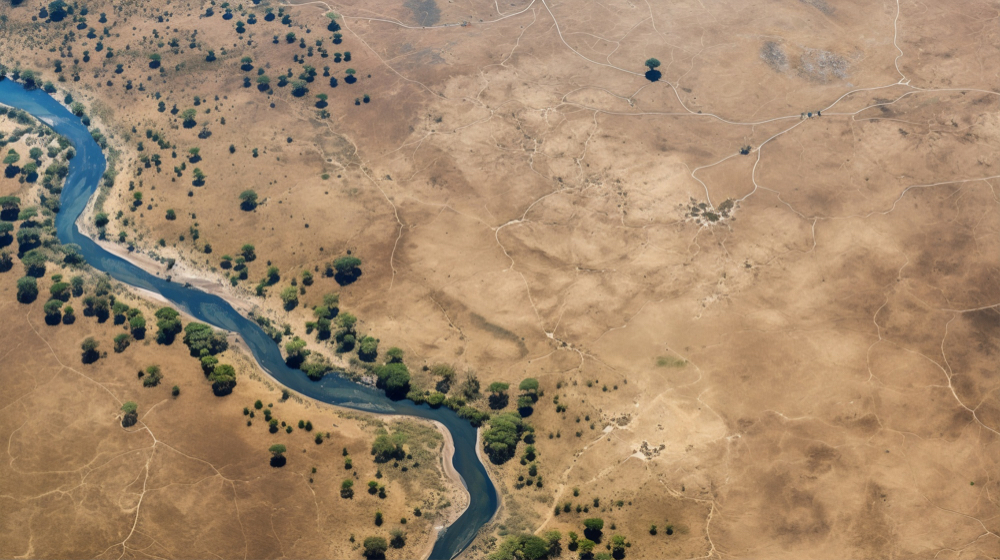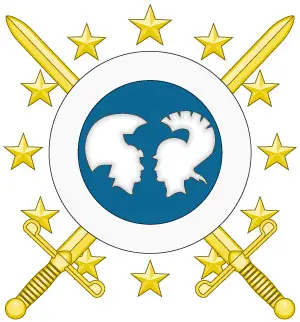Since gaining independence in 1956 from Britain and Egypt, Sudan has seen multiple revolutions and civil wars. Many violations of international law took place during these conflicts. It is worth examining the measures which the International Criminal Court (ICC) took to hold individuals accountable during the Bashir era of Sudan’s recent history. During this era, Sudan was the location of extreme violations of international law, including genocide and crimes against humanity (ICC). Following protests in 2019, Bashir was removed from power and replaced by a temporary power-sharing agreement with the purpose of transitioning to democracy. In 2023, internal fighting began between the Rapid Support Forces and the Sudanese Armed Forces (Pollock and Symon, 2023, §4). The Sudanese Armed Forces have relied on air support and artillery which has caused significant civilian casualties (Pollock and Symon 2023, para. 4). The ICC has long been monitoring the crimes which took place during Bashir’s administration. However, some of the most serious international crimes have been committed in countries which are protected from the jurisdiction of international courts and tribunals. Courts and tribunals have significant merits in the role they serve. Although other means are required to address international crimes where courts do not have jurisdiction, such as evidentiary mechanisms. This paper will explore how this tool can hold individuals to account for violations against international law and why it is being implemented in Sudan.
About the Author
Oliver Leicester is a Legal Researcher at Finabel.


